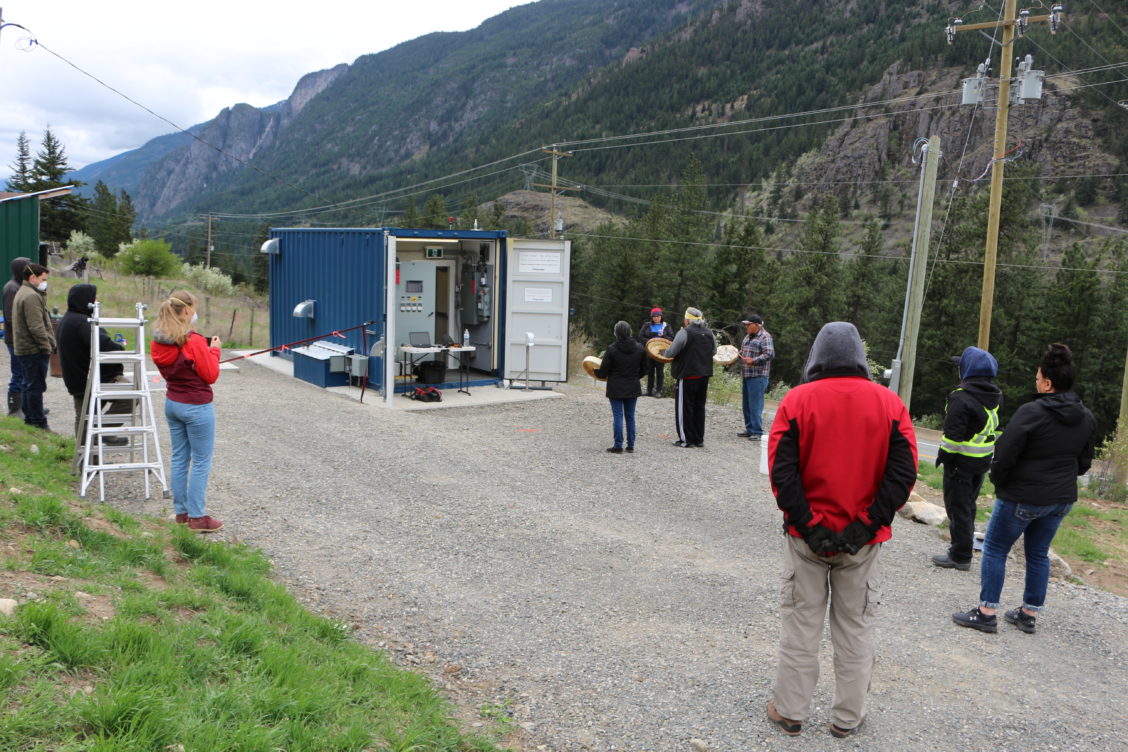Accelerating sustainable outcomes in drinking water and community health for Indigenous and non-urban communities.
Millions of Canadians do not have reliable, consistent access to clean drinking water. RESEAU Centre for Mobilizing Innovation brings people and ideas together to create practical solutions tailored to the specific needs of communities.
Access to safe, clean drinking water is essential at the best of times. With the onset of a global health pandemic, it’s even more of a necessity. But over 6 million Canadians living in Indigenous and non-urban communities do not have reliable clean water to drink.
Each affected community is different, possessing a unique history, culture, geography, knowledge and resources. Achieving access to clean water for any one community requires an understanding of each factor, along with a long-term vision and a diverse skill set. There is no universal solution that will meet every community’s needs.
RESEAU Centre for Mobilizing Innovation is a knowledge network Centre of Excellence that embraces community and collaboration to address the unique challenges of providing clean drinking water across Canada. Housed at the UBC Faculty of Applied Science and supported by the Government of Canada and a network of public and private organizations, academia and communities, RESEAU’s mission is to solve complex community water health and wellbeing health issues with customized and tailored localized solutions.
They’ve already had success developing practical outcomes to the clean drinking water crises in Canadian communities. They partnered with Tl’azt’en Nation in Northern B.C., Indigenous Services Canada, First Nations Health Authorities, manufacturing firm BI Pure Water, and the engineering firm WSP Canada to develop a treatment system to combat organic contaminants in the community’s water supply, helping end a 14-year boil-water advisory.
RESEAU’s community-based open innovation model, known as Community Circle™, applies a localized approach to every project, aligned with each community’s needs and capacities. All decisions are made based on careful consideration, detailed consultation, and deep understanding of local issues—and success is defined by the community. The model and its contributors have been recognized with nine twelve awards from the Canadian water industry.
They call their method of achieving capacity for scale the Streamlined Approach to Implementing Localized Solutions, or SAILS™. SAILS™ combines insights about the local context with proven design principles, best practices and effective product management to implement a starting point for solutions that can be customized by community operators and end users.
Practitioners with different areas of expertise from different organizations and communities work side-by-side to identify issues, share risks, and discuss avenues for improvement, leading to iterative progress. The result is a culture of constant feedback, where designers focus on pragmatic solutions, regulators and manufacturers consider alternative fabrication solutions, and product managers focus on reducing risk. Together, they ask how the solution will help a particular community achieve its goals, solving real problems for real users in a desirable, operable and sustainable way.
RESEAU isn’t stopping at safe water. It aims to expand its model across the country, applying it to other pressing problems around community health access, including housing, energy and infrastructure.
